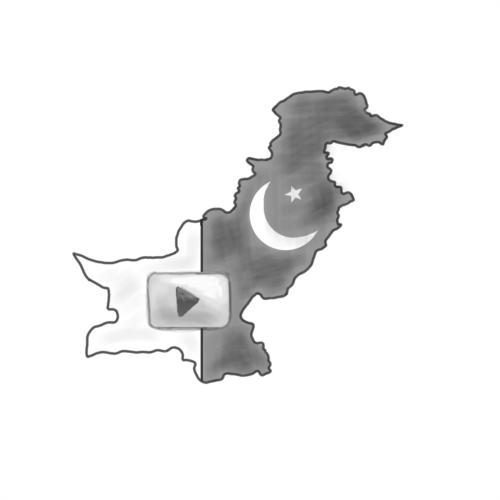
News
Summers Will Not Finish Semester of Teaching as Harvard Investigates Epstein Ties

News
Harvard College Students Report Favoring Divestment from Israel in HUA Survey

News
‘He Should Resign’: Harvard Undergrads Take Hard Line Against Summers Over Epstein Scandal

News
Harvard To Launch New Investigation Into Epstein’s Ties to Summers, Other University Affiliates

News
Harvard Students To Vote on Divestment From Israel in Inaugural HUA Election Survey
Life, Liberty, and SNL Skits
Even on the Internet, free speech is an inalienable right

On Monday, the Pakistani government of Pervez Musharraf, worried about the Pakistan people’s reaction to blasphemous images of the Prophet Muhammed, asked the Pakistan Telecommunication Authority to cut off the country’s access to YouTube. Unfortunately, as the telecommunications companies carried out the government order, technical mistakes deprived would-be YouTube users in various countries access to the site.
Viewers bemoaned the loss of their favorite form of procrastination, but they should have been lamenting Pakistan’s far more important loss—that of free speech. The right to free speech is one that the United Nations’ Universal declaration of Human Rights affirms in its nineteenth article—that “everyone has the right to freedom of opinion and expression; this right includes freedom to hold opinions without interference and to seek, receive and impart information and ideas through any media and regardless of frontiers.”
Not only in Pakistan, but also in China, Morocco, Turkey, and elsehere, freedom of speech has been deemed far too dangerous to enshrine as an individual and inalienable right. All of these countries have blocked Internet access to various sites, including YouTube, within their borders. China frequently blocks web-surfers from visiting pages that refer to controversy over Tibet and Taiwan, and even has its own Wikipedia (search “Tiananmen Square” under China’s censored Wikipedia site and you’ll find out more than you ever wanted to know about the locale’s architecture).
Restriction of freedom of expression through such form of media censorship is no new phenomenon; it has been justified on the grounds that certain information is dangerous and can have adverse affects upon the minds of those exposed to it. Musharraf and other government leaders, however, would do well to remember the words of John Milton, penned in 1643 in a treatise against British censorship: “Knowledge cannot defile […] if the will and conscience be not defiled. Bad books […] to a discreet and judicious reader serve in many respects to discover, to confute, to forewarn, and to illustrate.” All people, regardless of geographic and cultural bias, have a basic capacity for reason; governments should leave it to their citizens to discern between the true, the absurd, and the erroneous.
Freedom of speech—which includes the right to seek truth by forming opinions of others’ freely-expressed thoughts—is a right fundamental to every person, regardless of his or her nationality. Cutting off Pakistan’s access to YouTube was, beyond an overreaction and an inconvenience, an affront to basic human liberty, and as such should be condemned.
Want to keep up with breaking news? Subscribe to our email newsletter.
